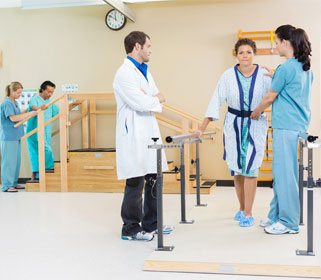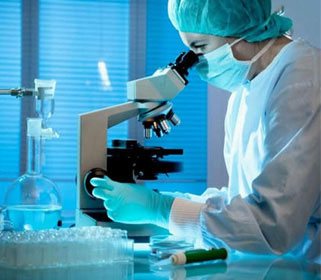Home » Lab Equipment Supplies » Test Devices & Kits
Test Devices & Kits
Test Devices: Purpose and Types
Medical tests are available to provide doctors and lab technicians with information. A variety of test devices ensure data is available on specific disorders and/or related medical conditions. While some focus on specialized health issues, others are more general.
Why Perform Tests?
Tests address the need for compiling data on disorders of various types. In doing so, they perform three separate but related functions:
- Diagnosing
- Evaluating
- Screening
Blood tests, for example, may screen the blood revealing the presence of certain anomalies/abnormalities. This can indicate the presence, type and even suggest potential treatments of a disorder. After treatment, doctors may perform another blood test to determine its effectiveness.
Types of Medical Tests
The two most common types of medical tests are
- Blood: Some blood tests provide information on levels and presence of lipid, cholesterol, glucose, and TSH. Others, such as H. Pylori tests detect a specific issue.
- Urine: Pregnancy detection is the most common. However, besides pregnancy tests, urine tests can also detect the presence and levels of leukocytes, nitrite, protein, glucose and other substances
However, the analysis of other bodily fluids and excretions is often essential for diagnosis. It may be necessary to harvest nasal mucus, saliva, sweat and gastrointestinal mucosa or cerebrospinal or synovial fluids. Gastric juices and fecal matter are also subject to collection and analysis. Such tests may require specialized devices including iFOBT test kits or Mononucleosis test equipment.
Types of Medical Test Devices
Medical tests require specific instruments. Possibilities include those for a nose swab influenza test or throat swab tests. Tests may involve devices such as reagent strips for urine tests or strips for pregnancy or blood tests. Tests may also involve making a choice. This is the case for H. Pylori tests. Blood or stool samples help determine the presence of the bacteria.














